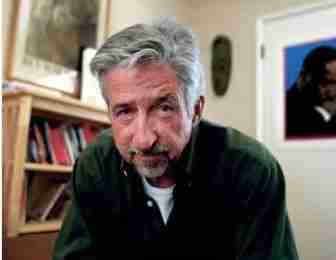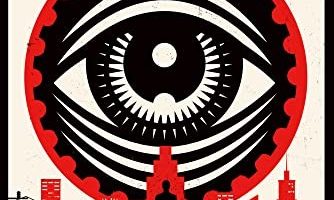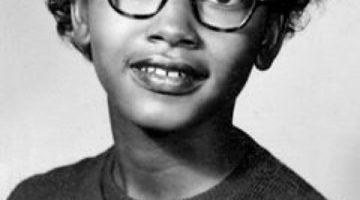Associated Press
SANTA MONICA, Calif. – Tom Hayden was long past his heyday of political rebellion and the Chicago 7 trial when he died on Sunday at age 76. But in American culture, he remained an enduring symbol of a time when young people took history into their own hands.
Hayden reinvented himself many times, moving from the streets in the 1960s to the halls of California government in the 1970s, going from a longhaired protester who stunned many by marrying glamorous actress Jane Fonda to a lawmaker in a suit and tie.
But even when his hair turned white, he never escaped his past.
Hayden’s 1960s were a decade of dissent marked by civil rights sit-ins, anti-war marches, the Chicago riots and scenes of kids being tear-gassed and clubbed on American campuses.
He spoke many times about the era that planted his name in the American consciousness as a radical firebrand, anti-Vietnam War protester and defendant in the Chicago 7 conspiracy trial.
“Rarely, if ever, in American history has a generation begun with higher ideals and experienced greater trauma than those who lived fully the short time from 1960 to 1968,” he wrote in his autobiography Reunion.
Hayden sometimes wished aloud that he could move beyond that relatively brief, explosive time when his image was set in stone.
“I can’t get past that,” he said in 2008. “… I can be like 68 years old and I’m still trouble because (people are) thinking about something in Vietnam or they’re thinking about Jane Fonda.”
He wrote in his memoir: “I didn’t want to report on the world; I wanted to change it.”
He went freedom riding for civil rights in the South and was beaten and briefly jailed in Mississippi and Georgia. He married a fellow activist, Sandra “Casey” Cason, and together they witnessed the violence of the battle against segregation.
Yearning for a more influential role, Hayden returned to Ann Arbor to work on the Port Huron Statement.
“I didn’t want to go from beating to beating, jail to jail,” he wrote. “… There was an entire generation to arouse, primarily about civil rights but also about the larger issues.”
The largest issue at the time was the Vietnam War. In 1965, Hayden made his first visit to what was then North Vietnam with an unauthorized delegation. In 1967, he returned to Hanoi with another group and was asked by North Vietnamese leaders to bring three prisoners of war back to the United States. With the prisoners suffering medical problems, the U.S. State Department thanked Hayden for his humanitarian action.
A single event galvanized him – the 1968 assassination of his friend, Sen. Robert F. Kennedy, in Los Angeles.
“I went from Robert Kennedy’s coffin into a very bleak and bitter political view,” Hayden recalled in an Associated Press interview in 1988. “I think it confirmed for me that there was no future and brought out a lurking belief that this was a really violent country and that I was headed into apocalyptic times.”
In 1971, Hayden met Jane Fonda who was a latecomer to the protest movement.
After he heard her give an eloquent anti- war speech in 1972, Hayden said they connected and became a couple. He was divorced from Cason by then and Fonda was divorced from director Roger Vadim and had a daughter, Vanessa Vadim.
“I was 32, she 34, both of us were starting over,” he wrote. “The passion of our common involvement no doubt caused our involvement in passion for each other.”
He acknowledged ruefully that their marriage in 1973 may have appeared to some as “a remake of Beauty and the Beast.’”
Hayden once expressed regret about his past. In a 1986 piece he wrote for the Los Angeles Times, he said: “I regret most of all that Americans who lost sons and loved ones in
Vietnam. … I will always believe the Vietnam War was wrong. I will never again believe that I was always right.”












No Comment